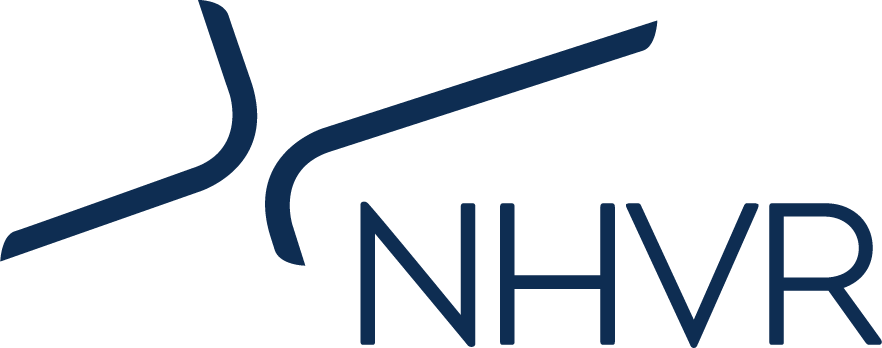
Fatigue monitoring technology has the potential to boost heavy vehicle safety, according to the latest report released by the NHVR.
NHVR Fatigue Specialist Andreas Blahous said the completion of the Review of Fatigue/Distraction Detection Technology interim report was an important milestone in how the Regulator could support industry adoption of fatigue-monitoring technology.
“Commercial studies suggest that fatigue monitoring technology can help identify and address incidents before they happen,” Mr Blahous said.
“While there is currently limited independent information available on the effectiveness of fatigue monitoring technology, users of this technology in the transport industry tell us that there are practical safety benefits, which warrant further study.
“The Review found that monitoring technology performed best as part of an integrated Fatigue Risk Management System, rather than as a stand alone tool; and this is the focus of the next phase of the Fatigue Monitoring Trial.”
The preliminary review undertaken by the NHVR identified six groups of monitoring technologies, including fitness for duty tests, three types of continuous operator monitoring (Oculomotor measurements, Electroencephalography and others), performance-based monitoring and vehicle-related technologies.
As part of the next phase, the NHVR has appointed a team from CQ University and HGH Consultants to work with companies currently using, or having previously used, fatigue monitoring technology in their business.
The team will interview 13 companies using a range of fatigue monitoring technology about their experiences and look at how the technology could be supported by the Regulator in the future.
Mr Blahous said the researchers will take steps to de-identify all information from the participants and were bound by strict confidentiality requirements.
“Driver fatigue is still a significant factor in about one-in-ten heavy vehicle crashes,” he said.
“At the Fatigue Safety Forum in October last year, operators said they were continuing to adopt the technology to achieve better safety outcomes.”
“Industry interest in participating in the trial far exceeded our expectations and I would like to thank everyone who volunteered their time to help us build an evidence base to assist others interested in this technology.”
For more information on the Fatigue Monitoring trial and a summary of the interim report visit www.nhvr.gov.au/safety-accreditation-compliance/fatigue-management/fatigue-monitoring-trial

 Accessibility tools
Accessibility tools

